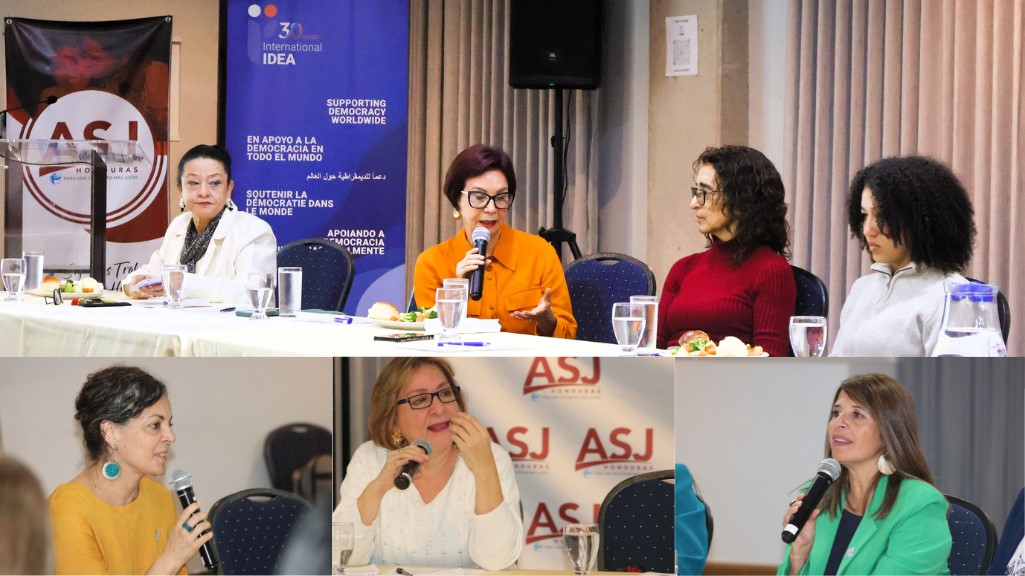Jimmy Morales, el nuevo presidente de Guatemala, estará muy ocupado en la medida que enfrenta diversos desafíos que requieren atención inmediata.
Los resultados, anunciados poco después de que se realizara la segunda ronda electoral, el 25 de octubre, mostraron que Jimmy Morales, un popular comediante de televisión, licenciado en administración de empresas y con maestría en seguridad, se había hecho con la gobernación de tan problemática nación latinoamericana.

![Plataforma de Acción Colectiva Shinanya ainbobo - Mujeres fortalecidas. Foro Regional 8]M: por la democracia, una ciudadana segura, libre y sin violencia. Créditos de la imagen: Bari Wesna](https://www.idea.int/sites/default/files/2025-03/Shinanya%20Ainbobo.jpg)